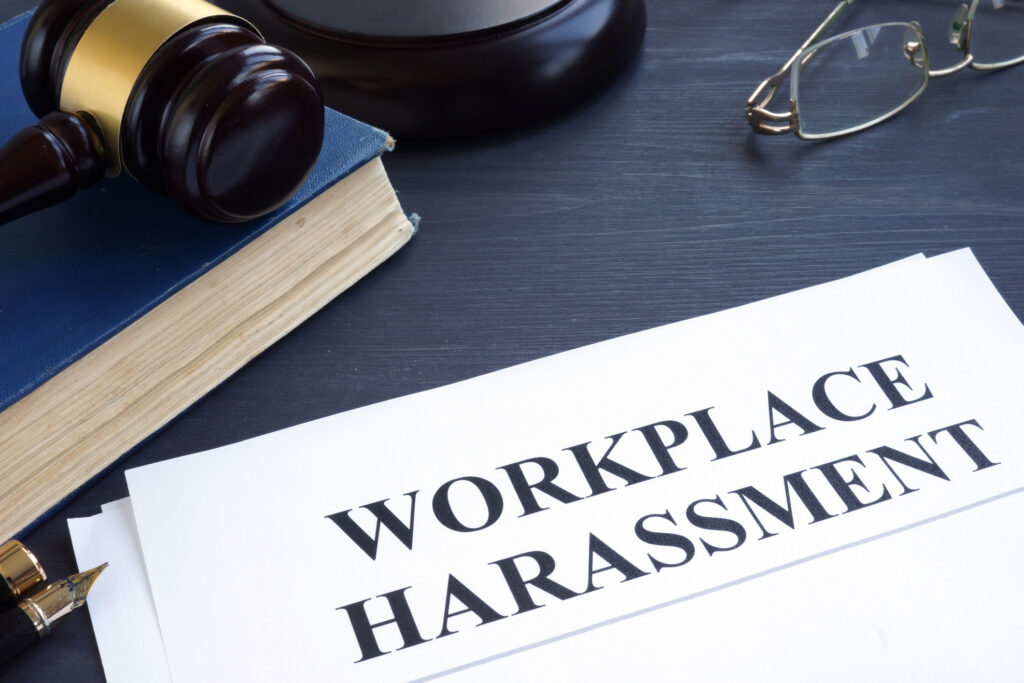Ava G from The Haight asks: “I heard that there were some new laws on sexual harassment. As a member of a women’s empowerment group I was wondering if you could summarize them so we can discuss them at our next monthly meeting.”
Ava, the #MeToo movement started, and continues to run strong, in California. Over the next several weeks I will report on many of the new, progressive, laws extending important protections to California workers. As you have heard, the California Legislature and Governor Newsom have acted decisively in broadening California’s workplace protections in the areas of sexual harassment. As the owner of a law firm which has represented employees (only) in cases of harassment and discrimination over the last 25 years, I can say confidently that these new laws provide much needed additional protection for workers in California.
Former Gov. Jerry Brown signed two important measures into law on Sept. 30, 2018. Senate Bill 1300, propounded by Senator Jackson and codified as Government Code Section 12923, added a host of new employee protections. The law, with certain exceptions, prohibits an employer from conditioning continued employment, or incentives like raises or bonuses, on the execution of a release of a claim or right under the Fair Employment and Housing Act (FEHA), a nondisparagement agreement (an agreement that prevents the employee from disclosing truthful facts that may be negative), or other document that denies the employee the right to disclose information about unlawful acts in the workplace, including, but not limited to, sexual harassment. The law further provides that any such agreement or document containing such a clause is unenforceable. In addition, SB 1300 extends the previous FEHA requirement that employers protect their employees from sexual harassment by non-employees to require protection from all forms of harassment on the basis of membership in a protected class, race, age, disability, sexual orientation, gender identification, etc.
SB 820, propounded by Senator Leyva and now codified in the California Civil Code Section 1001, renders unlawful any settlement agreement including a confidentiality provision that prevents the disclosure of factual information pertaining to civil or administrative complaints of sexual assault, sexual harassment, or workplace harassment or discrimination based on sex. The law provides that any such provision in a settlement agreement entered into on or after Jan. 1, 2019 is unenforceable. The law does permit a provision, however, that would safeguard, at the claimant’s request, the claimant’s identity and any facts that could lead one to discover the claimant’s identity (except in matters involving a government agency or public official), as well as a provision that prevents the disclosure of the amount paid to settle the claim, at the request of either party.
On Oct. 10, Gov. Newsom signed into law Assembly Bill 9, propounded by Assembly Member Reyes, which extends the time for an employee to file a complaint with the Department of Fair Employment and Housing, a prerequisite for the employee to file a lawsuit or, at the employee’s request, for the Department to conduct an investigation and prosecution of the claim within the administrative system. Until now, employees have been required to file a charge of discrimination or harassment (retaliation or other unlawful conduct) with the Department of Fair Employment and Housing within one year in order to preserve their right to sue their employer for unlawful harassment or discrimination. AB 9 amends Government Code section 12960 to extend the time that an employee has to file a complaint of discrimination and harassment by two years. Now aggrieved employees have up to three years to file a claim and initiate legal action. Moreover, certain additional extensions of time may be granted if the conduct is discovered after the expiration of the three-year period or the aggrieved party finds out the true identity of the unlawful actor.
Although these periods have been extended, it is always best to act promptly when dealing with these matters as documents disappear, memories “fade,” witnesses change jobs and frequently move, making the accumulation of evidence more difficult. It is also important to note that AB 9 is a prospective law, meaning that it does not revive claims which have already expired. As always, it is advisable to consult an experienced sexual harassment attorney to ensure the best outcomes in prosecuting your claims.










